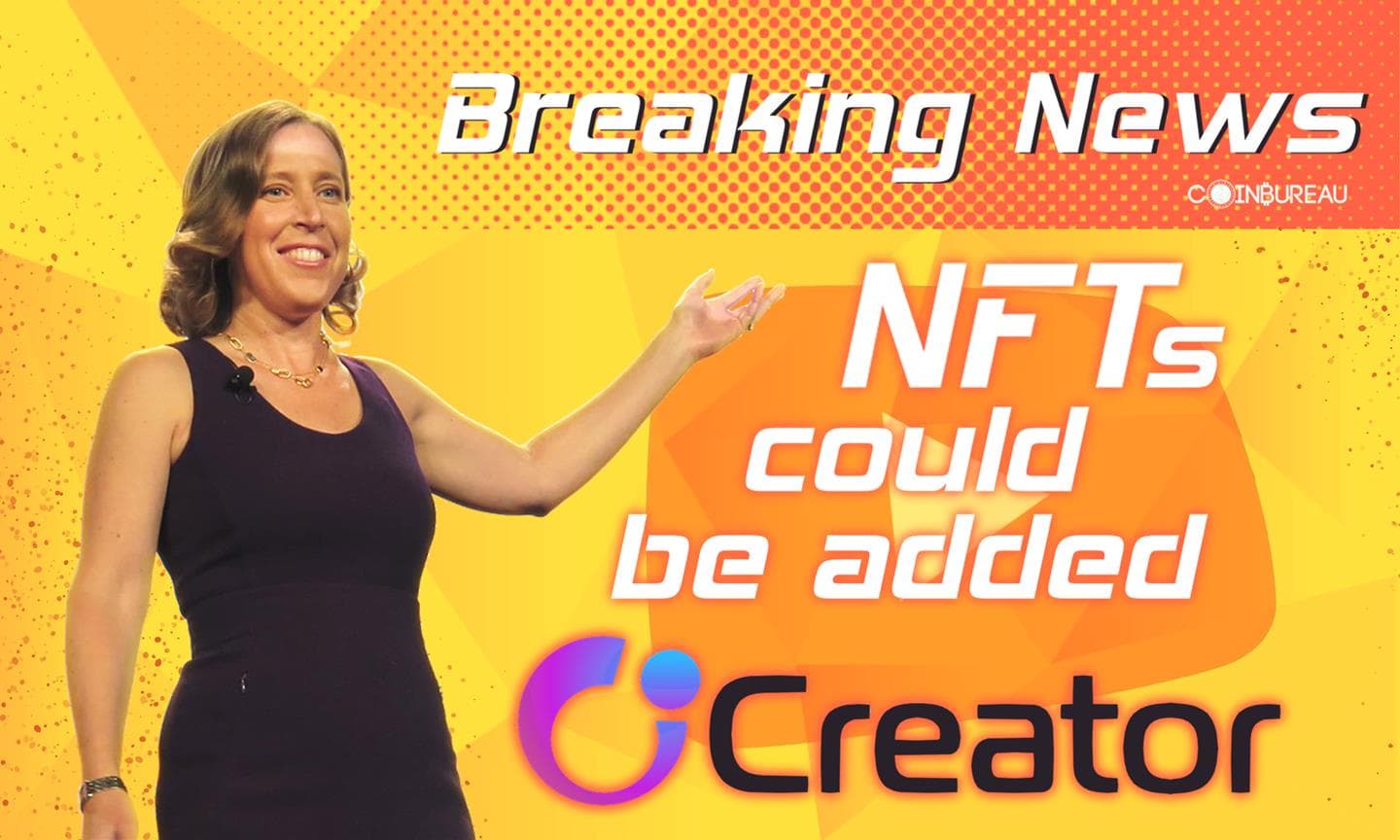Former peer-to-peer (P2P) file sharing platform Limewire is making a comeback as a non-fungible token (NFT) marketplace, according to a recent announcement on its website.
At one point in the early 2000s, Limewire was the go-to file-sharing service of the world, attracting over 50 million monthly users at its peak popularity. Ultimately it was discontinued in 2010 after facing legal troubles with the Recording Industry Association of America due to allegations of music piracy.
Nearly twelve years later, Limewire is relaunching as a digital collectibles marketplace for art and entertainment, initially focused on music. Limewire says you'll be able to create, buy and trade NFT collectibles using the new service.
A quick glance at Limewire’s new website shows a collection of heavyweights from the technology, art, and music industries, including Wyre CEO Ioannis Giannaros, Wu-Tang Clan manager Tareef Michael, and Def Jam Records CEO Pedro Genao.
According to the project’s timeline, a private, invite-only token sale is taking place in April of 2022, before a public token sale goes live in the fourth quarter of this year. Q4 of 2022 will see Limewire launch into the film industry as well. The ticker symbol for Limewire’s token will be LMWR.
 Image via Shutterstock
Image via Shutterstock
By signing up for Limewire’s waitlist, users can get early access to the platform, and a chance at receiving an NFT airdrop.
The rebrand comes a year after Austrian brothers Julian and Paul Zehetmayr bought LimeWire's intellectual property and other assets last year. They told CNBC that they've been planning to bring the platform back ever since.
"The issue with the NFT market is that most platforms are decentralized," Julian Zehetmayr told CNBC. “If you look at bitcoin, all the exchanges are making it really easy to buy, trade and sell bitcoin. There's no one really doing the same in the NFT space.”
"We've obviously got this great mainstream brand that everybody's nostalgic about," he added.
"We thought we needed to build a real mainstream user experience as well… We're trying to be a more mature platform and professionalize everything, just like Coinbase or other exchanges would do for crypto assets," he said.



